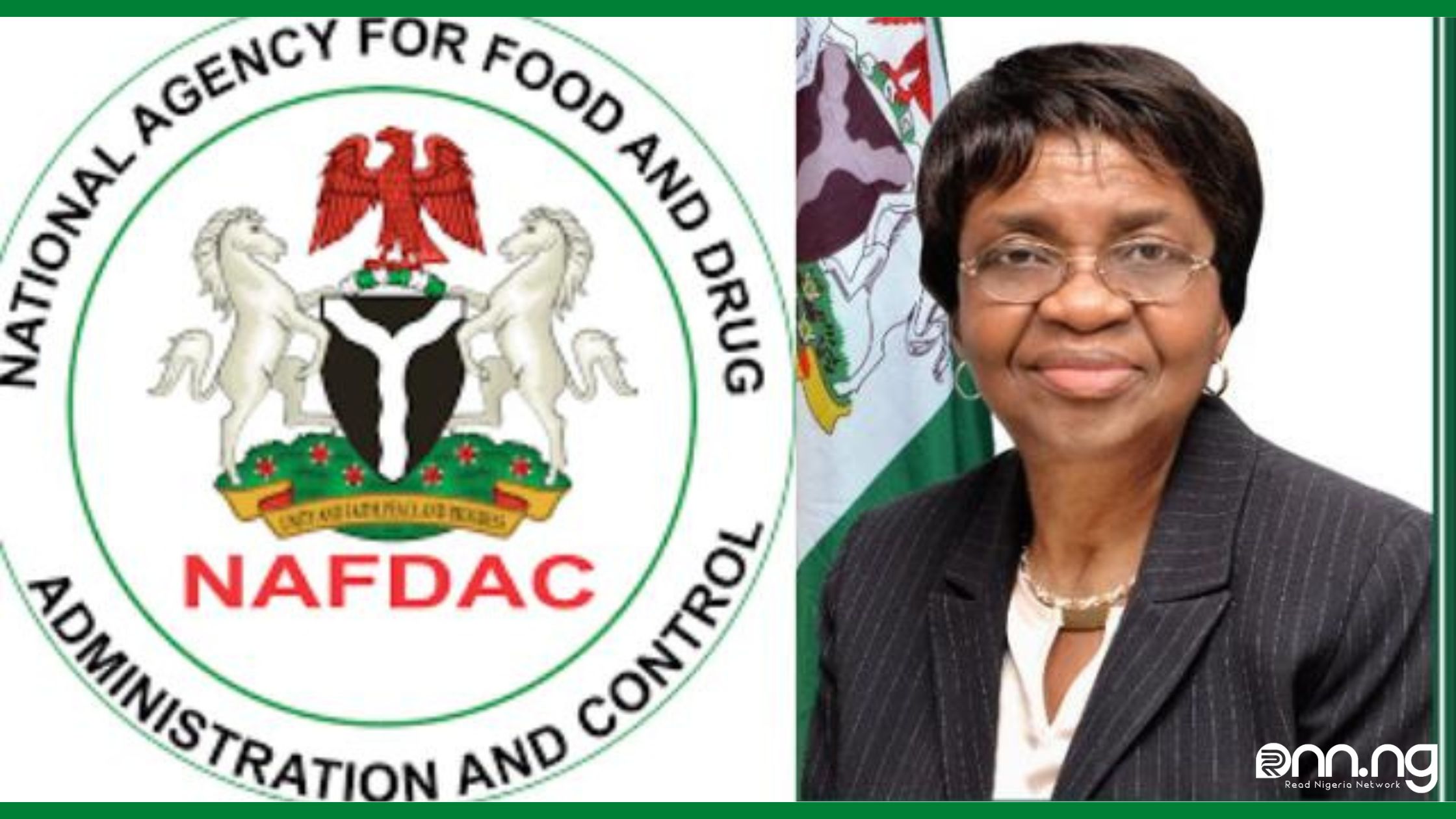Latest News
NAFDAC Addresses Claims of Harmful Vaccines To Children
NAFDAC Addresses Claims of Harmful Vaccines To Children- The agency has refuted claims of the harmful substance being administered.

- NAFDAC Addresses Claims of Harmful Vaccines containing Mercury, says it is “at an accepted concentration”
- There were earlier complaints about Mercury in vaccines administered to children
- According to reports, Mercury causes brain damage and scientists think it leads to autism in children
The National Agency for Food and Drug Administration and Control (NAFDAC) has addressed reports that Nigerian children were receiving a vaccine containing 40 percent Mercury which is considered harmful to the body.
This was made known in a press statement signed by the agency’s Director General, Prof. Mojisola Adeyeye, and made available to pressmen on Sunday.
Apparently, statements have been making the rounds about how children were being exposed to danger in the country due to the presence of Mercury in the vaccines being administered to them. In the report, however, NAFDAC said that the substance (Mercury) is not used as an element or component of vaccines since it is a metal.
From research, we found out that Mercury has been banned from Europe and America for over 2 decades and the reports of its existence in Nigeria raised concerns from both parents and the general public.
According to a report from the World Health Organization on March 31, 2017, “Mercury may have toxic effects on the nervous, digestive and immune systems, and on lungs, kidneys, skin and eyes”. WHO therefore considers the substance as one of the top ten chemicals or groups of chemicals of major public health concern.
NAFDAC’s statement read in part: “Thimerosal, a mercuric compound which is a preservative used in multi-dose vaccines, contains a different form of mercury called ethyl mercury.
“As a vaccine preservative, thimerosal is used in concentrations of 0.003 per cent to 0.01 per cent (for example, thimerosal content allowed in vaccines is between 30 parts and a maximum of 100 parts out of million parts of the vaccine formula). Thimerosal is a mercury-based preservative that has been used for decades in the United States in multi-dose vials (vials containing more than one dose) of medicines and vaccines.
“There is no evidence of harm caused by the low doses of thimerosal in vaccines, except for minor reactions like redness and swelling at the injection site. However, in July 1999, the Public Health Service agencies, the American Academy of Paediatrics, and vaccine manufacturers agreed that thimerosal should be reduced or eliminated in vaccines as a precautionary measure.
“Nigeria still receives some multi-dose vaccines which contain thimerosal but at an accepted concentration.
“However, the World Health Organisation has not proscribed the use of thimerosal as an inactivating agent and preservative in vaccines as there is a lack of evidence that thimerosal presents a risk to human health.”
Fears about Mercury in Vaccines
There were not many concerns about Mercury in vaccines until research showed that exposure to high doses can damage the brain and lead to other learning disabilities. This is according to parents.com. The family-based media organization revealed that Mercury is often criticized by scientists who see a connection between autism and vaccines.
They wrote: “There’s also the fear that mercury can compromise the immune system and kidneys. Researchers worried that, since children received multiple thimerosal-containing vaccinations in a short timeframe, their bodies were being over exposed.
“Scientists later discovered that the ethyl-based mercury used in vaccines doesn’t pose the same risk as methyl-based mercury (a known toxin found in fish that can damage the central nervous system). “Studies suggest that this is because the body can excrete ethyl-mercury more easily,” says Dan Salmon, M.D., associate director for policy and behavioral research at the Institute for Vaccine Safety at Johns Hopkins School of Public Health in Baltimore”.
